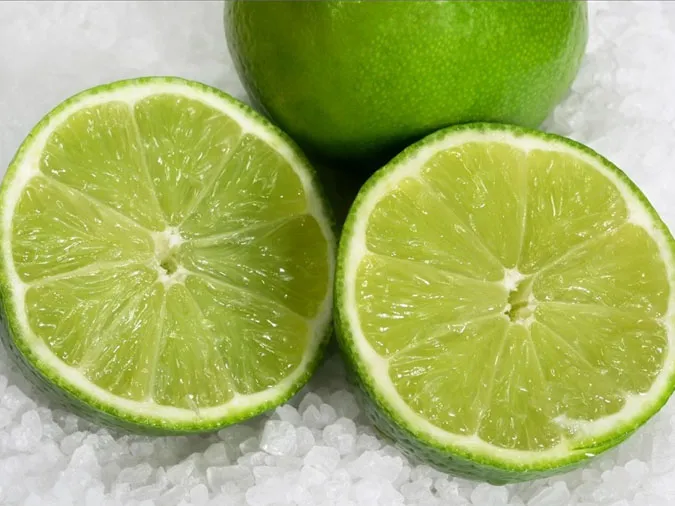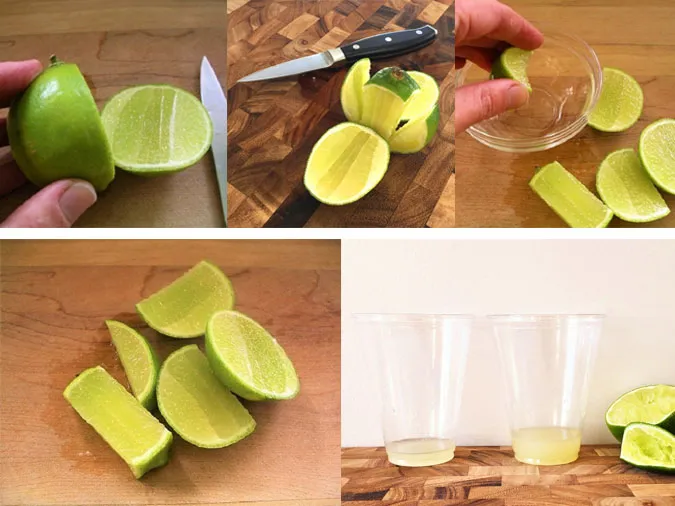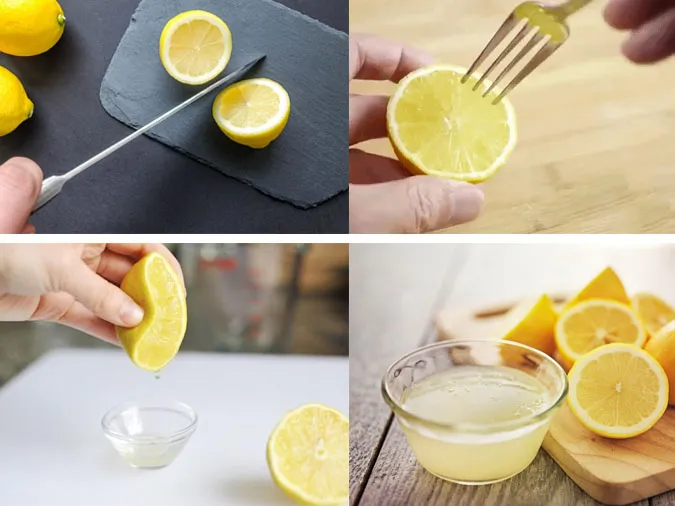During the humid transition between seasons, you may be susceptible to illnesses such as the flu and the common cold… You can boost your immune system with lime fruits – a type of plant that produces fruits rich in vitamin C and many nutrients.
However, before experiencing the wonderful benefits of lime fruits, you must know the secrets of choosing fresh and delicious lime fruits, how to store them, and how to squeeze out the most juice from them as mentioned below.
1. How to choose delicious, high-quality lime fruits
For experienced lime growers, they can easily distinguish and recognize the quality of lime fruits, whether they have more or less juice. However, if you are not an expert, don’t worry, just follow the steps below to select high-quality lime fruits.
1.1 Color of lime fruits
Firstly, when buying lime fruits, avoid those with a pale green color or light yellow spots. These lime fruits may have been harvested for a long time and are no longer fresh.
1.2 Lime peel
Next, pay attention to the lime peel. Choose lime fruits with smooth and shiny peels, without any bumps. Lime fruits with smooth and shiny peels usually have higher nutritional quality compared to those with rough peels.
The lime peel should be thin and free from mold.

When purchasing, gently press the peel with your hand. If you see essential oils coming out, it indicates that the lime fruit is fresh and of good quality.
Bring the lime fruit close to your nose and smell its light fragrance. If the lime fruit has a strange smell, it is likely that it has been sprayed with chemicals or soaked in a solution.
In addition, according to experienced individuals, smaller lime fruits that are firm to the touch will have more juice than larger but lighter lime fruits.
2. How to store lime fruits for a long time
After bringing lime fruits home, to be able to use them for a long time, it is important to store them properly.
To prevent the lime fruits from withering or spoiling quickly, after purchase, wash them thoroughly, let them dry, place them in a plastic or paper bag, and store them in the refrigerator. With this storage method, the lime fruits will remain fresh for about a week.
If you want to store lime fruits for 1 to 2 months, the storage process will require more effort. You need a tray and clean black sand. Place the lime fruits on the tray, then pour sand to cover them completely. Keep the tray of lime fruits in a cool and dry place, away from water.
3. Tips for getting more lime juice
All lime fruits are the same, but if you don’t know how to cut and apply a few small tips when squeezing them, you won’t get much juice, nor will you extract all the nutrients from the lime fruits.
If you want to increase the amount of lime juice and make it easier to squeeze, you can apply the following 2 methods:
3.1 Method 1

First, place the lime fruit on a cutting board and cut off one “cheek” of the fruit.
Next, rotate the lime fruit to the other side and cut off the remaining 3 “cheeks” of the fruit, cutting as close to the core as possible.
Finally, squeeze each piece of lime fruit, including the core, to extract the juice.
3.2 Method 2

First, cut the lime fruit in half.
Next, use a fork to prick the surface of the fruit evenly.
Then, start squeezing the lime fruit. The lime fruit will be easy to squeeze, and more juice will come out.
If you don’t use all of the lime juice, you can pour it into a clean glass jar, keep it in the refrigerator, and use it within 1-2 weeks.
So, by following these tips, you can choose fresh and delicious lime fruits and store them at home for this transitioning season.





































